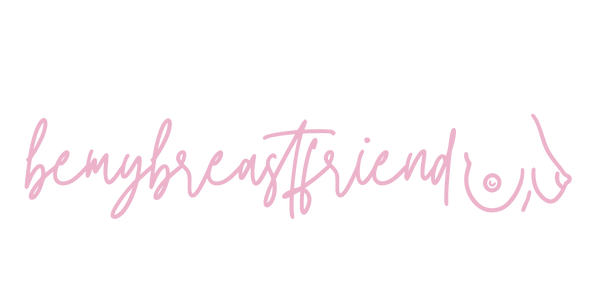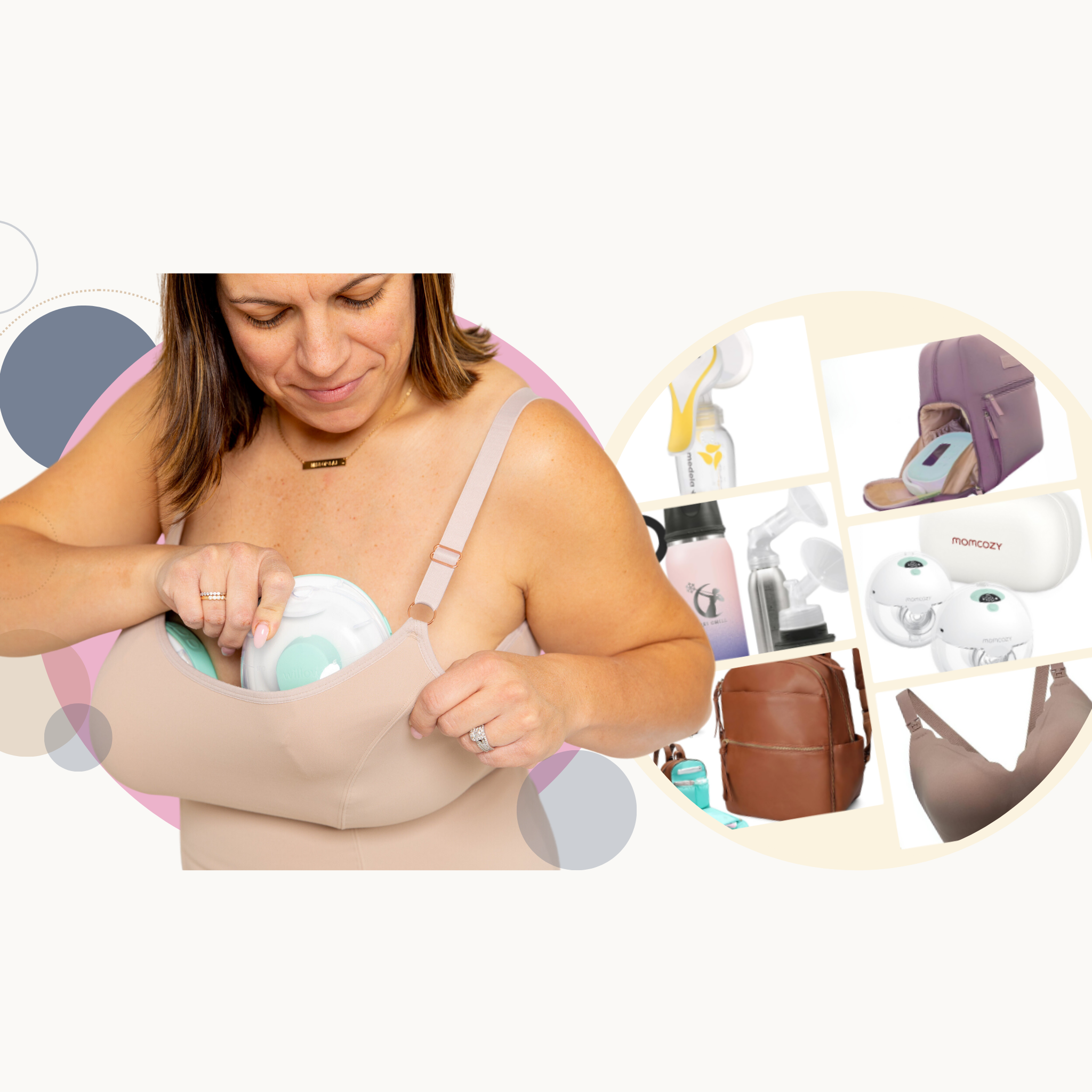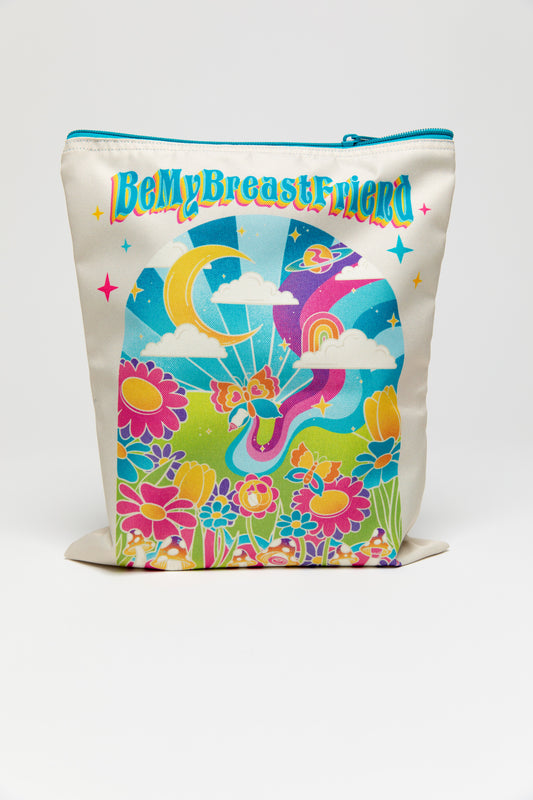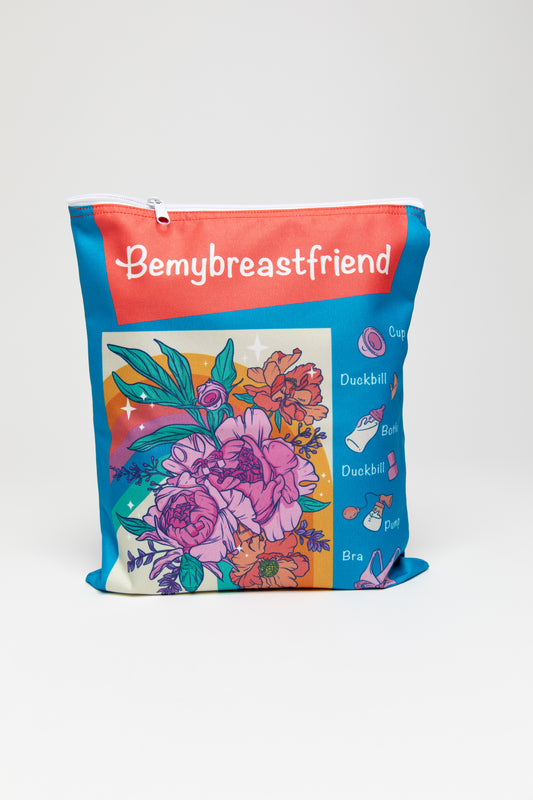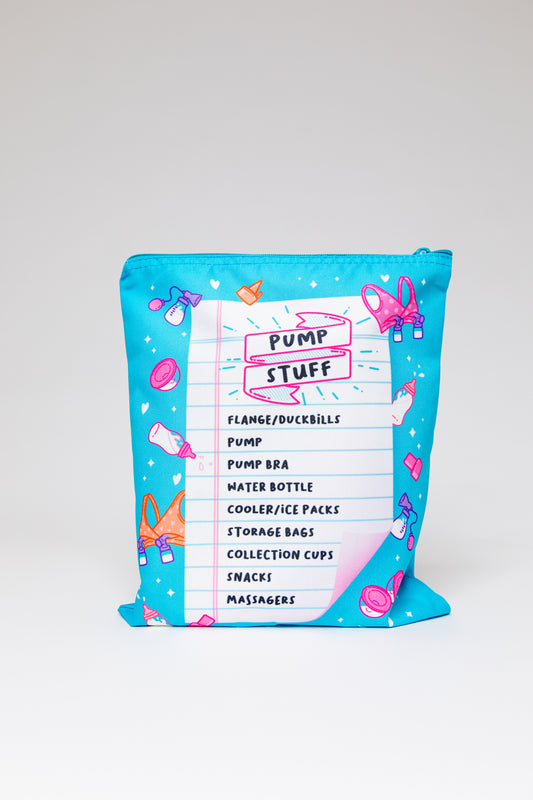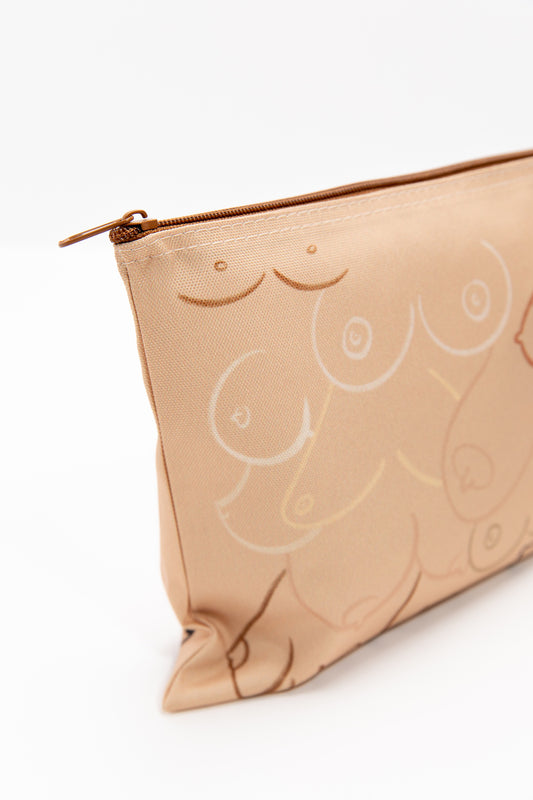
Let's talk about COLOSTRUM! Colostrum, often referred to as "liquid gold", is the nutrient-rich, yellowish breast milk produced during pregnancy and just after childbirth before mature milk comes in. It's packed with essential antibodies and rich in proteins that help protect and nourish a newborn during the crucial first days of life.
Antenatal colostrum collection refers to the process of gently expressing and storing this precious early-stage breast milk before birth. Many pregnant women choose to collect colostrum to have it ready for their baby's arrival, especially if there are notable concerns about initial breastfeeding challenges. Antenatal colostrum collection is a proactive way to ensure your baby receives the best nutrition right from the start, promoting bonding and a healthy beginning to breastfeeding.
REASONS FOR COLLECTING COLOSTRUM

As an expectant mama, you may be wondering, "Do I have to collect colostrum?". While this is certainly not a requirement when pregnant, many positive benefits come from collecting this first milk. Here are several common reasons you may find antenatal colostrum harvesting is right for you.
Preparing Breasts and Nipples
By gently expressing colostrum to store before birth, the breasts are stimulated which can lead to encouraged milk production postpartum. Nipple stimulation involved in expressing antenatal colostrum helps to mechanically open the milk ducts. This process also familiarizes nipples with the sensation of breastfeeding, potentially reducing discomfort or difficulty when nursing begins. Additionally, antenatal expression can aid in identifying any potential challenges early on, such as inverted nipples, providing additional reason to seek support and solutions before the baby arrives. This proactive approach not only supports successful breastfeeding initiation but also enhances confidence and readiness for the breastfeeding journey ahead.
Uncertain About Breastfeeding
There are many reasons why a pregnant mother may choose to not breastfeed her baby. When juggling a full-time career or caring for other small children, bottle feeding can shift the responsibility to others and help alleviate mom (i.e. father/partner, grandparents, caregivers, and even siblings! can help share the job of feeding baby). Certain medical conditions are known to make breastfeeding difficult or contraindicated, so in those instances it may be best to pursue alternate long-term feeding options. No matter what the reason to opt for other feeding plans besides breastfeeding, collecting small amounts of colostrum at the end of pregnancy is a great way to start baby’s early days of life on a strong note.
Preparing For Expected Separation After Birth
In some cases, it may be known ahead of time that there will be a necessary separation from baby after birth. A planned NICU stay due to a known or anticipated medical condition, for example, could mean that mom and baby may experience a delay in breastfeeding. Having frozen colostrum on hand to provide to the healthcare provider can ensure baby receives proper antibodies and nutrition, and eliminate or lessen the need for formula supplementation during those early days.
If you are a mama preparing for a NICU stay, I have a podcast episode you'll want to check out.
History of Low Milk Supply
Antenatal colostrum collection can be a game-changer when there is a history of low milk supply. By expressing and storing colostrum before birth, it can ensure that a newborn receives vital early nutrition, regardless of potential breastfeeding challenges post-delivery. If you have reason to be concerned about your postpartum milk supply, antenatal colostrum collection can provide reassurance and a practical strategy to support breastfeeding success from the start.
Oral Restrictions
When there’s a history of babies with oral ties in the family (tongue, lip) or the anatomy scan during the second trimester revealed conditions like cleft lip and palate, you may want to consider collecting fresh colostrum before baby arrives. These oral restrictions can make breastfeeding challenging initially, as baby may struggle with latch or feeding efficiency. While these conditions can usually be corrected, making it possible for mom and baby to go on to have a very successful breastfeeding journey, correcting an oral restriction may take a few weeks. By expressing and storing colostrum before birth, baby can receive crucial nutrients and antibodies right after delivery, even if direct nursing at breast is temporarily difficult.
Planned C-Section Birth
Of course, not every c-section mama has the benefit of advanced notice, but if you are planning a c-section you may want to consider collecting colostrum during late pregnancy. C-sections often involve a longer recovery period and may initially delay breastfeeding. Collecting colostrum before birth ensures that your baby can still promptly be fed with a ready supply of milk full of antibodies and essential nutrients, even if breastfeeding is delayed due to medical procedures or recovery. Antenatal colostrum collection also provides peace of mind, knowing that your baby's nutritional needs are being met from the very first moments of life. It promotes a smoother transition into breastfeeding and strengthens the bond between mother and baby during those early postpartum days.
Increased Rates of Breastfeeding Success
According to the study, “‘It gave me so much confidence’: First‐time U.S. mothers' experiences with antenatal milk expression” by Jill Demirci et al., daily antenatal breast milk expression after 37 completed weeks of pregnancy significantly reduced the time for establishing mature milk and reduced the occurrence of breastfeeding failure. If you are an expectant mother with a desire to nurse your baby at the breast or exclusively pump long-term, collecting colostrum at the end of your pregnancy can help you get breastfeeding off to a good start.
Looking for more information about antenatal colostrum collection?
I've put together a printable guidebook focused specifically on harvesting colostrum in the remaining weeks of pregnancy. Learn all about colostrum with facts from supporting studies; detailed instruction on how to collect; options for collection tools; storage and transportation tips; feeding directions; myths around colostrum debunked; ideas for any leftover unused portions; and discover which colostrum products are bmbf tried and true!
Additionally, in this episode of The Tired Moms Club Podcast, Kelly Kendall of The Balanced Boob joins me to talk all things colostrum collection. We chat about all things hand-expressing colostrum and how to take advantage of the first form of breastmilk.
RESOURCES:
- https://www.ncbi.nlm.nih.gov/pmc/articles/PMC6859991/
